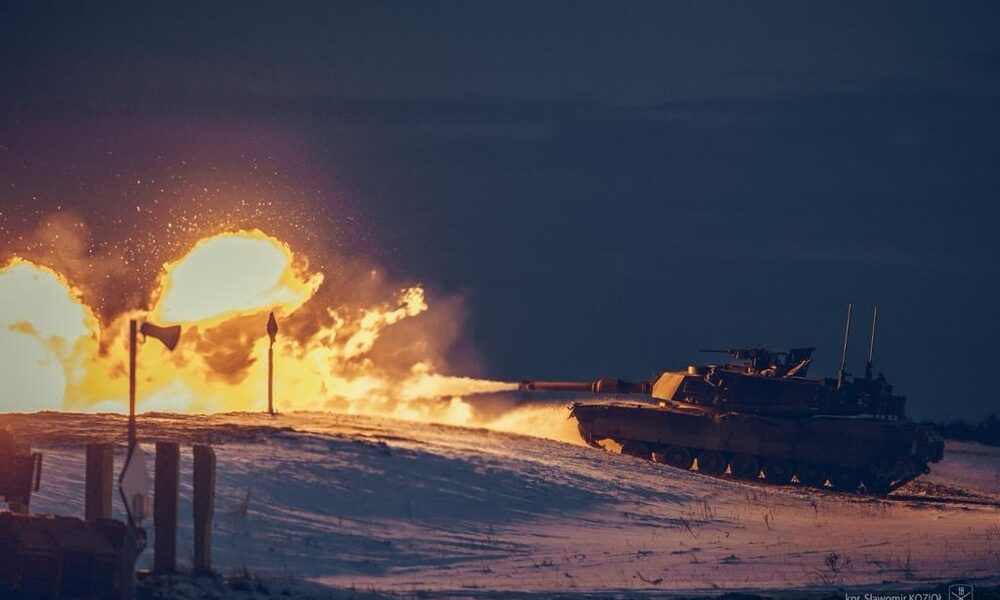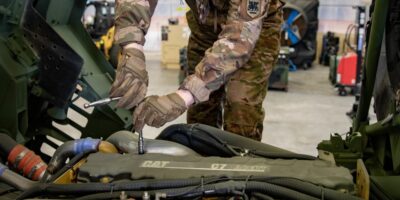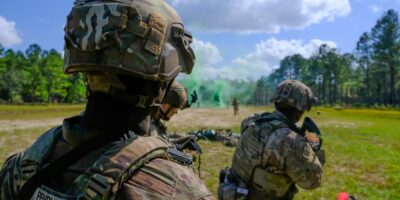Understanding the Hotrod Trader World
The term hotrod conjures images of vintage cars, their engines roaring with power and their stylings as much aesthetic art as mechanical mastery. For enthusiasts, hotrods represent a dynamic blend of customization, speed, and heritage. The hotrod trader community is a bustling marketplace where these iconic vehicles are bought, sold, and cherished.
A Brief History of Hotrods
Hotrods trace their roots back to the early 20th century. As automobiles became more common, some individuals sought to modify them for speed and performance. These early pioneers of car customization often stripped down older models, enhancing and tweaking them for drag racing and personal enjoyment. The 1930s and 40s saw significant developments, with World War II veterans returning home and bringing their newfound mechanical skills to the burgeoning hotrod culture.
The Marketplace for Hotrods
Trading hotrods goes beyond simple transactions. It involves a deep appreciation for the vehicles’ history and a continuous pursuit of improvement. The hotrod trader market includes auctions, online platforms, and local meetups. Each venue offers a chance to connect with like-minded individuals, share knowledge, and discover rare finds.
Auctions: These events are popular within the community. They bring together serious buyers and sellers, looking to trade high-value hotrods. Major car auctions, such as those held by Barrett-Jackson or Mecum, often include a selection of meticulously restored hotrods, drawing interest from collectors around the world.
Online Platforms: Websites and online forums have revolutionized the trading of hotrods. Platforms like eBay Motors, Craigslist, and specialized sites like RacingJunk allow enthusiasts to buy and sell from anywhere. The internet provides access to a global market, offering endless possibilities to find specific models, parts, and accessories.
Local Meetups: Car shows and swap meets are vital to the hotrod community. These gatherings foster relationships and allow traders to network. Here, deals are often struck amid the camaraderie of fellow hotrod enthusiasts. Participation in regional and national car shows can also increase a trader’s credibility and reputation.
Essential Knowledge for a Hotrod Trader
Engaging in the hotrod market requires more than financial investment. It necessitates a strong understanding of various facets of car trading and maintenance. Knowing the right questions to ask and how to assess a vehicle’s condition is crucial in making informed decisions.
- Vehicle History: Researching the background of a hotrod is necessary. Verify the vehicle’s originality, past modifications, and any restoration work. Investigating a car’s history can unveil its authenticity and value.
- Understanding Modifications: Hotrods are often about customization. Comprehending the modifications done to a vehicle, and whether they enhance or detract from its value, is key. Some modifications improve performance, while others are primarily aesthetic.
- Condition Assessment: A meticulous examination of the vehicle’s current state can prevent unpleasant surprises. This includes evaluating the engine, bodywork, interior, and any restored or original features.
- Valuation: Knowing the market rate for specific makes and models is essential. The value of hotrods can fluctuate based on trends, rarity, and condition. Familiarity with price guides and recent sale prices can aid in negotiation.
Tips for Successful Trading
Navigating the hotrod trader world can be both exciting and daunting. The following tips can help both novice and seasoned traders make successful transactions:
- Build a Network: Establishing relationships with other enthusiasts, mechanics, and parts suppliers can provide valuable support. This network can offer insights, advice, and even leads on potential purchases or sales.
- Continuous Learning: Stay updated on industry trends, new technologies, and the evolving market. Attend workshops, read publications, and participate in online forums to deepen your knowledge.
- Inspect Thoroughly: Never buy a hotrod without a comprehensive inspection. If you’re not confident in your knowledge, consider hiring a professional appraiser or mechanic to assess the vehicle.
- Negotiation Skills: Effective negotiation can greatly impact your transactions. Understanding the true value of a car and being respectful yet firm can lead to favorable outcomes.
The Future of Hotrod Trading
The hotrod trading landscape is continually evolving. As interest in classic cars grows, so does the market’s complexity and scope. The introduction of electric vehicle technology poses new challenges and opportunities. Today’s hotrod enthusiasts are exploring how modern advancements can integrate with vintage aesthetics. This balance of preservation and innovation keeps the culture vibrant and relevant.
Environmental regulations and sustainability considerations may also influence the future of hotrods. Traders and enthusiasts are beginning to focus more on eco-friendly practices. This could lead to increased interest in alternative fuel sources and more efficient modification techniques.
The digital world will continue to shape how hotrods are discovered, traded, and shared. Online auctions and digital showrooms might become more prevalent, providing even broader access to the market. Social media platforms offer further venues for enthusiasts to connect and share their passion.
Conclusion
The hotrod trader landscape remains a vibrant tapestry of tradition, innovation, and community. From its historical roots to modern transactions, it requires a blend of knowledge, passion, and skill to thrive. As the market evolves, so too will the methods of trading, valuing, and preserving these remarkable vehicles.
“`



